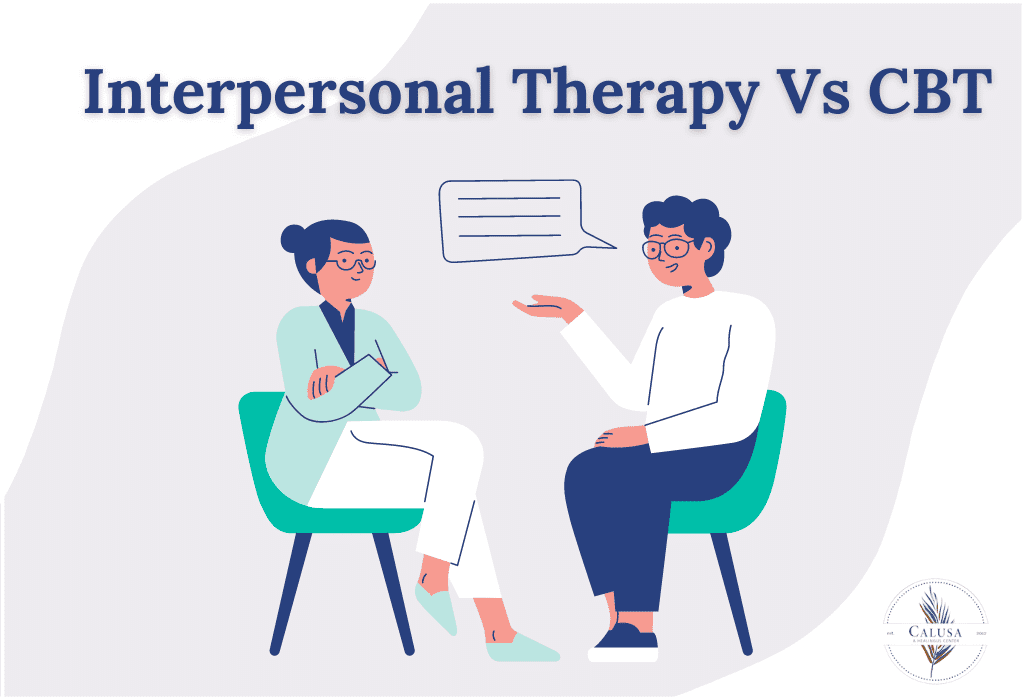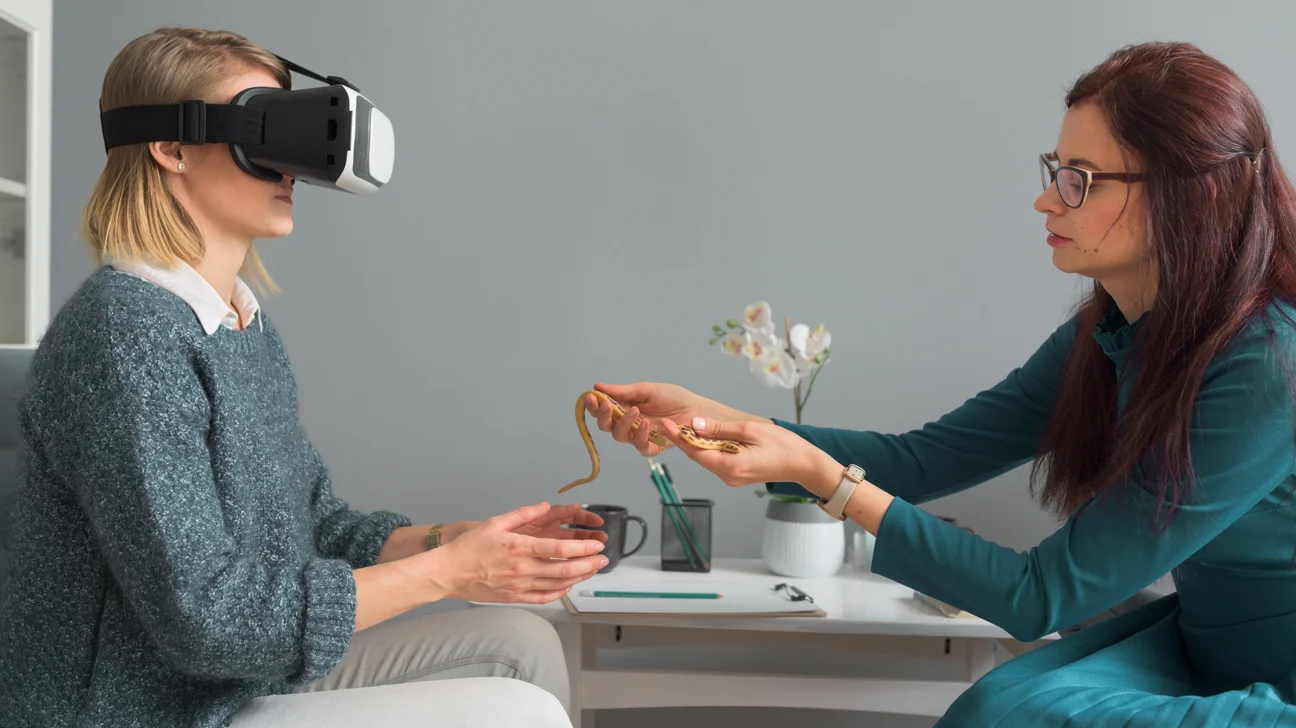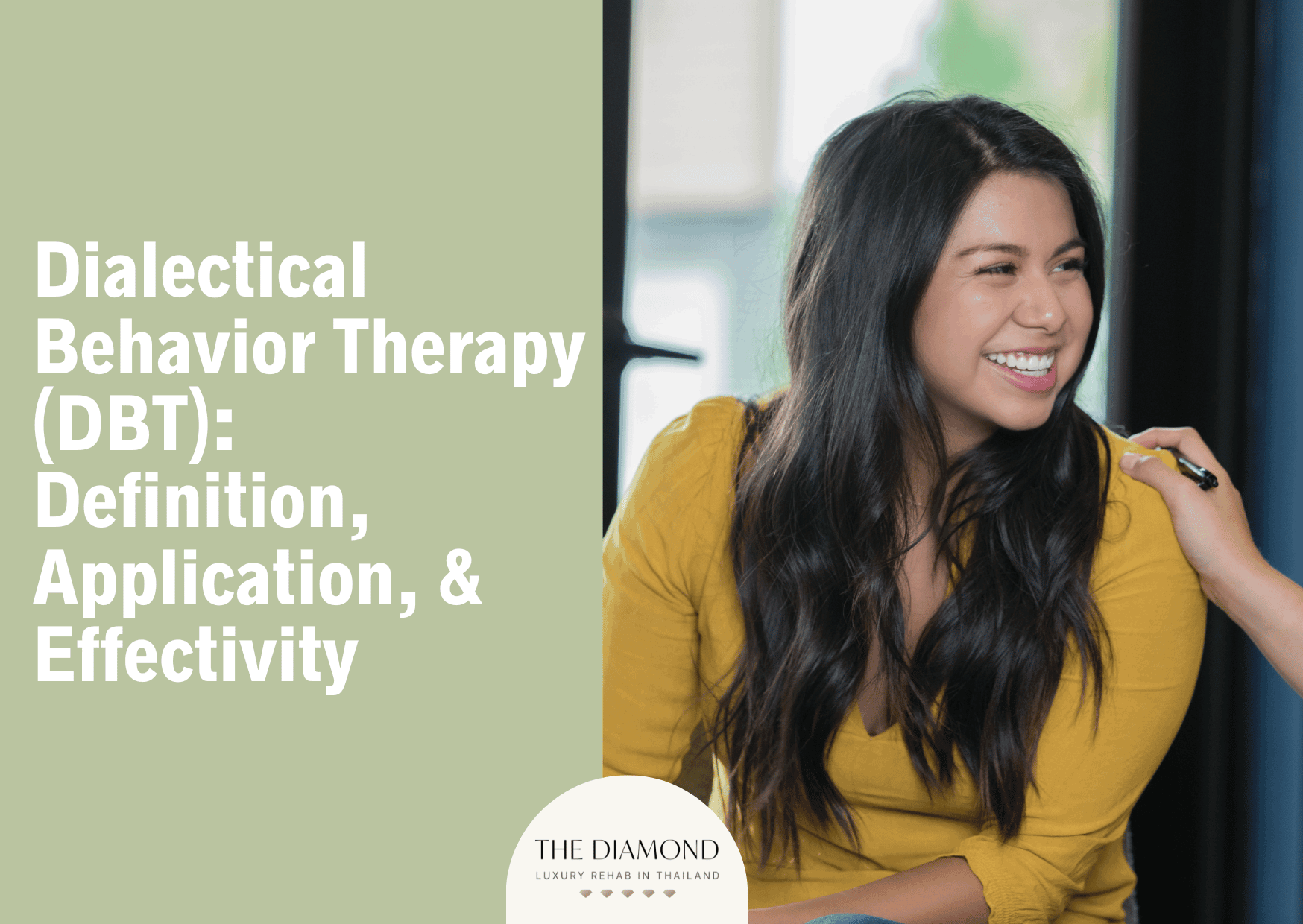Meditation is a powerful tool for managing anxiety and depression. By cultivating mindfulness and reducing stress, meditation can help improve your overall mental health. Here are some of the best meditation techniques specifically designed to address anxiety and depression:
Mindfulness Meditation
- Focus on the present moment: Mindfulness meditation involves paying attention to your thoughts, feelings, and sensations without judgment. By focusing on the present moment, you can reduce rumination and worry, which often contribute to anxiety and depression.
- Practice body scan: A body scan meditation involves systematically focusing on different parts of your body, noticing any sensations or tension. This technique can help you become more aware of your physical state and reduce anxiety-related symptoms.
Grounding Techniques
- 5-4-3-2-1 technique: Identify five things you can see, four things you can touch, three things you can hear, two things you can smell, and one thing you can taste. This technique can help anchor you in the present moment and reduce anxiety.
- Deep breathing: Deep, slow breathing can help calm your nervous system and reduce anxiety symptoms. Try focusing on your breath, inhaling deeply and exhaling slowly.
Loving-Kindness Meditation
- Cultivate compassion: Loving-kindness meditation involves sending thoughts of love, kindness, and compassion to yourself and others. This practice can help reduce feelings of loneliness, isolation, and depression.
- Start with yourself: Begin by sending loving-kindness to yourself, then extend it to others, including loved ones, acquaintances, and even those you find difficult to like.
Guided Imagery
- Visualize relaxation: Guided imagery involves creating mental images of yourself in a peaceful and relaxing setting. This technique can help reduce anxiety and promote feelings of calm.
- Use positive affirmations: Combine guided imagery with positive affirmations to reinforce healing thoughts and beliefs.
Yoga Nidra
- Deep relaxation: Yoga Nidra is a guided relaxation technique that involves systematically relaxing different parts of your body and mind. This practice can help reduce stress, anxiety, and depression.
Tips for Effective Meditation for Anxiety and Depression
- Find a quiet space: Choose a quiet, comfortable place where you won’t be disturbed.
- Set aside time: Dedicate a specific time each day for your meditation practice.
- Be patient: Healing takes time, so don’t get discouraged if you don’t see immediate results.
- Combine meditation with other self-care practices: Consider combining meditation with other healthy habits, such as exercise, a balanced diet, and sufficient sleep.
- Seek professional help if needed: If you’re struggling with severe anxiety or depression, it’s important to seek professional help. A therapist can provide additional support and guidance.
By incorporating these meditation techniques into your daily routine, you can effectively manage anxiety and depression, improve your overall mental health, and experience a greater sense of well-being.




